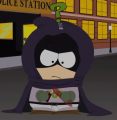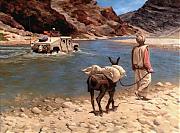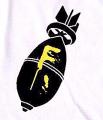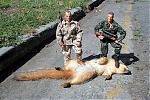Yesterday General Giap passed away, aged 102, he was the brilliant Vietnamese general who led communist forces in the wars that forced two powerful adversaries – France and America – out of his homeland. The third being Japan, according to one obituary; which few will agree with.
One passage illustrates the controversy around him:Link:http://www.telegraph.co.uk/news/obit...uyen-Giap.htmlBut he was far more than just an able coordinator of the small-scale jungle skirmish. Major set-piece battles and broad offensives were well within his compass too, though often at high cost. At home, only Ho Chi Minh was better loved. Abroad, even Giap’s opponents – perhaps particularly his opponents – suggested that he merited a place in the pantheon of great military leaders of modern times, alongside such figures as Wellington and Rommel.
A shorter BBC obituary:http://www.bbc.co.uk/news/world-asia-13561646









 ), Giap will not be ranked among the great tacticians or strategists; but will find a place among the great military planners and logisticians.
), Giap will not be ranked among the great tacticians or strategists; but will find a place among the great military planners and logisticians.




Bookmarks